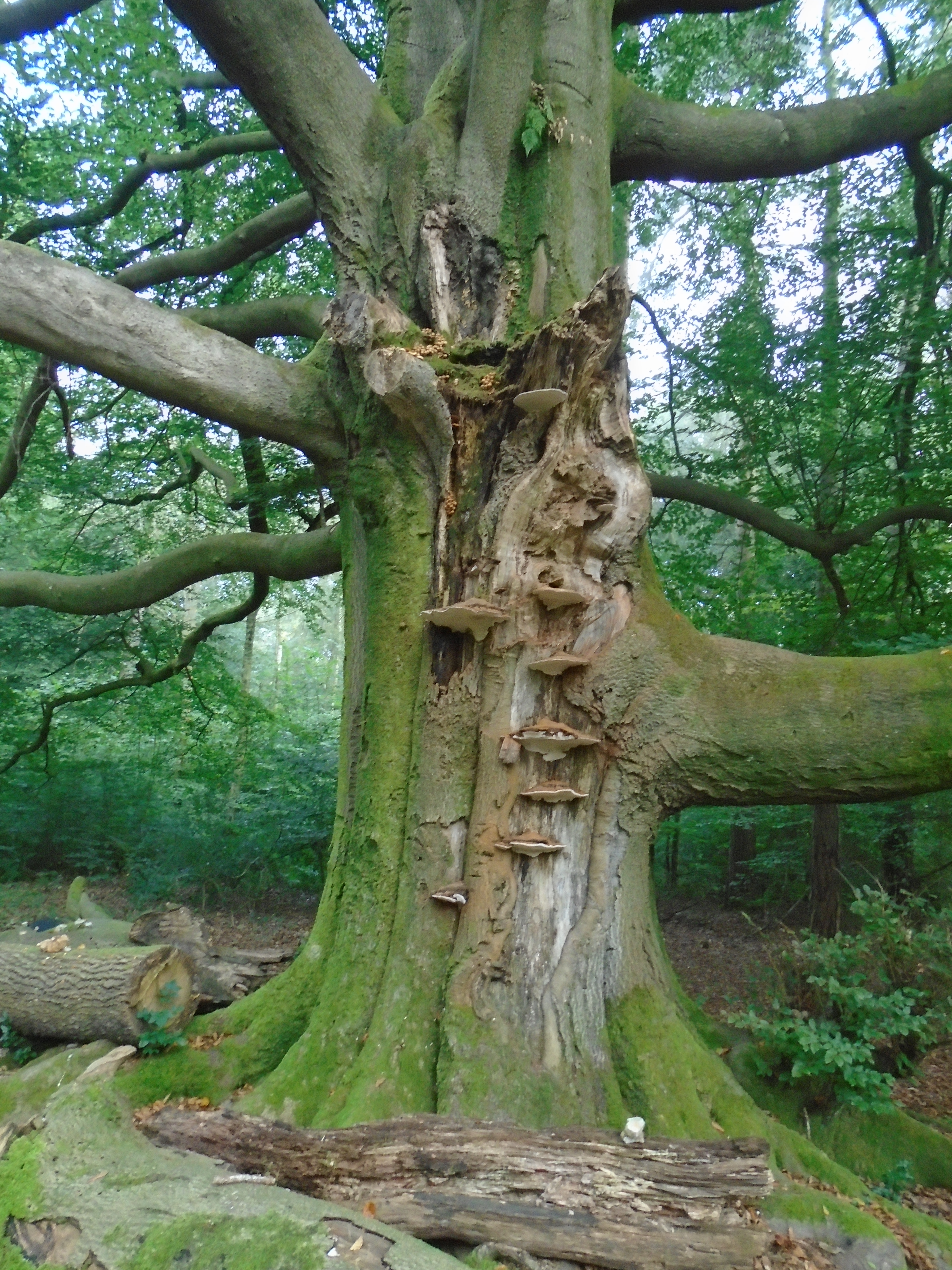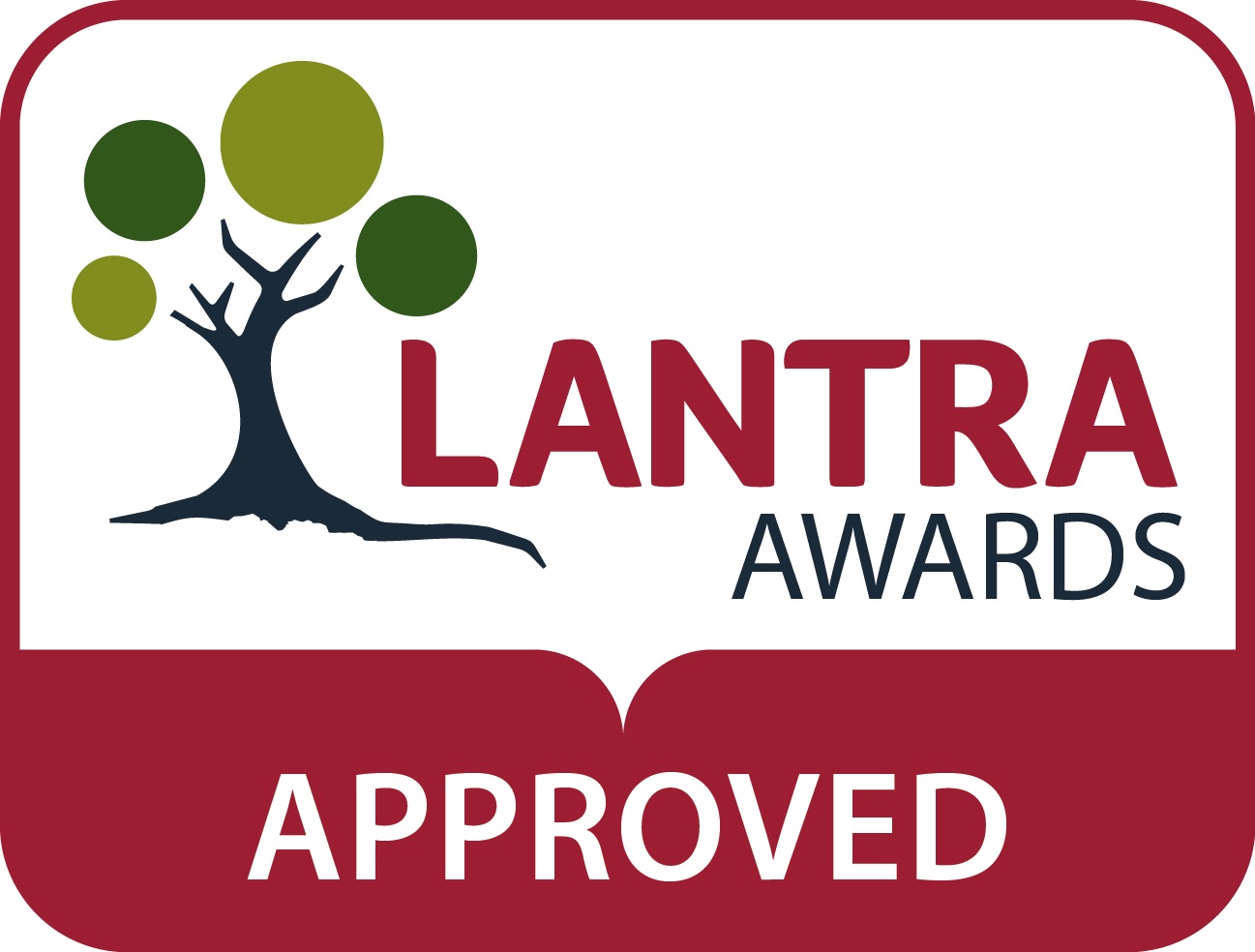Professional Tree Inspection
Lantra 3-day Professional Tree Inspection course
Summary / introduction:

Target audience:
Prospective learners should be experienced and qualified arboriculturists with an in-depth knowledge of plant and arboricultural science, including thorough knowledge of wood-decaying fungi, identification, and interpretation of signs and symptoms of ill health and structural failure across a wide range of tree species and circumstances. They should be thoroughly experienced in carrying out tree inspections and surveys.
People professionally involved in:
- arboriculture – specifically tree inspection.
Learners must be physically fit and able to carry out the tasks required of the course programme.
Product objectives:
- Recognise the role of the tree inspector in risk management.
- Identify the legal framework in the context of statute and common law that affect tree inspection and the duties and liabilities of the owner, manager, and inspector.
- Summarise how a tree system functions, what constitutes a safe tree, and know that energy is required to keep the tree in a healthy/safe state.
- Adopt a systematic and consistent methodology for carrying out visual tree inspection at an advanced level with the aid of binoculars, mallet, and probe.
- Collect data out in the field in accordance with the inspection instructions (having determined the scope and limitations) using a suitable format. (For this course a written survey template with appropriate headings will be used).
- Recognise a range of observable mechanical and biological defects as seen in trees and confirm by the use of textbooks where necessary.
- Identify a range of commonly seen pests, diseases, and disorders that affect tree safety, confirm their identity by the use of textbooks, where necessary, and state the arboricultural significance of finding them in the field.
- State the appropriate control/remedial measures required to eliminate or reduce risks identified in the inspection process to an acceptable level.
- Determine when an aerial inspection is required, also if pro-active management recommendations can be made which may eliminate future defects from forming.
- Prioritise the necessary tree/management works with time scales based on a broad category of risk assessment.
- Identify when it is appropriate to recommend the use of decay detecting or measuring equipment, based on basic knowledge of the working principles of commonly available equipment.
- Understand that a balance between the remedial measure opted for and the range of benefits/values that a tree may have requires special attention, for example amenity, wildlife, historical, veteran, rarity and public access.
Course Pre-requisites:
A minimum requirement for Professional Tree Inspection is a level three or equivalent arboricultural qualification, plus five years experience in carrying out tree survey and inspection is expected.


